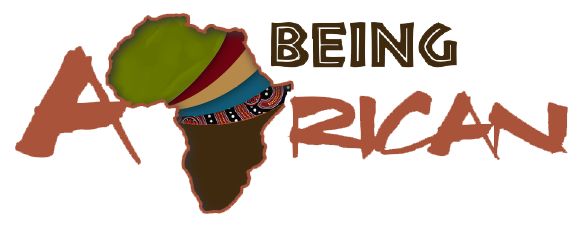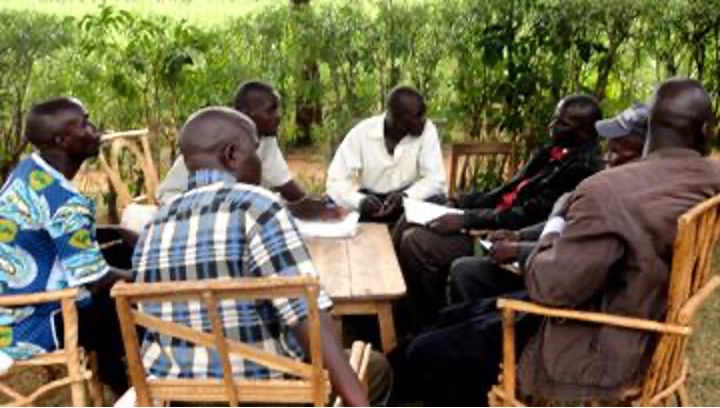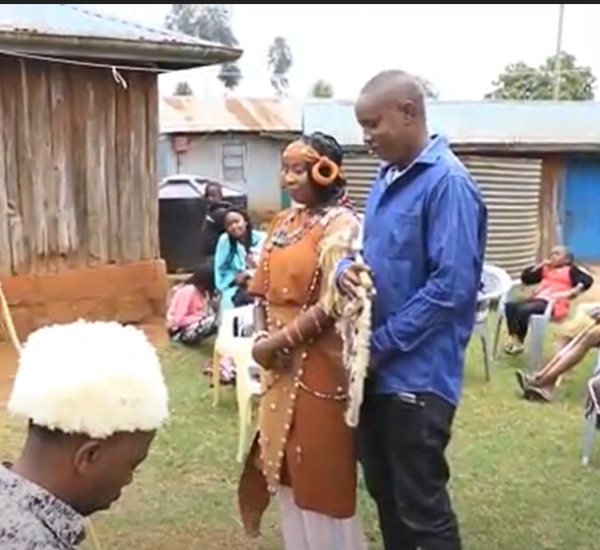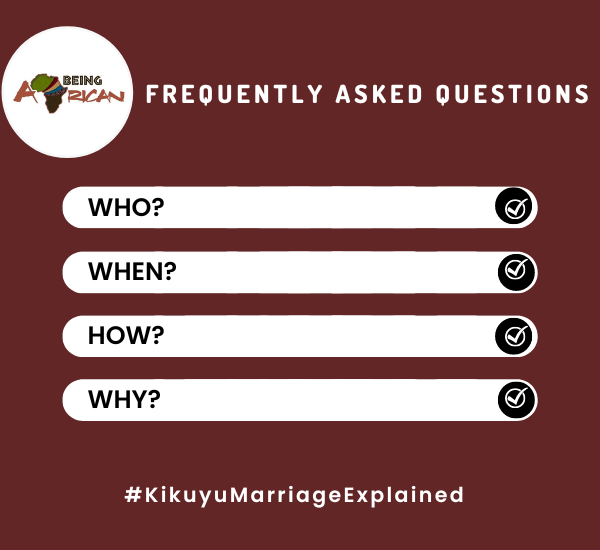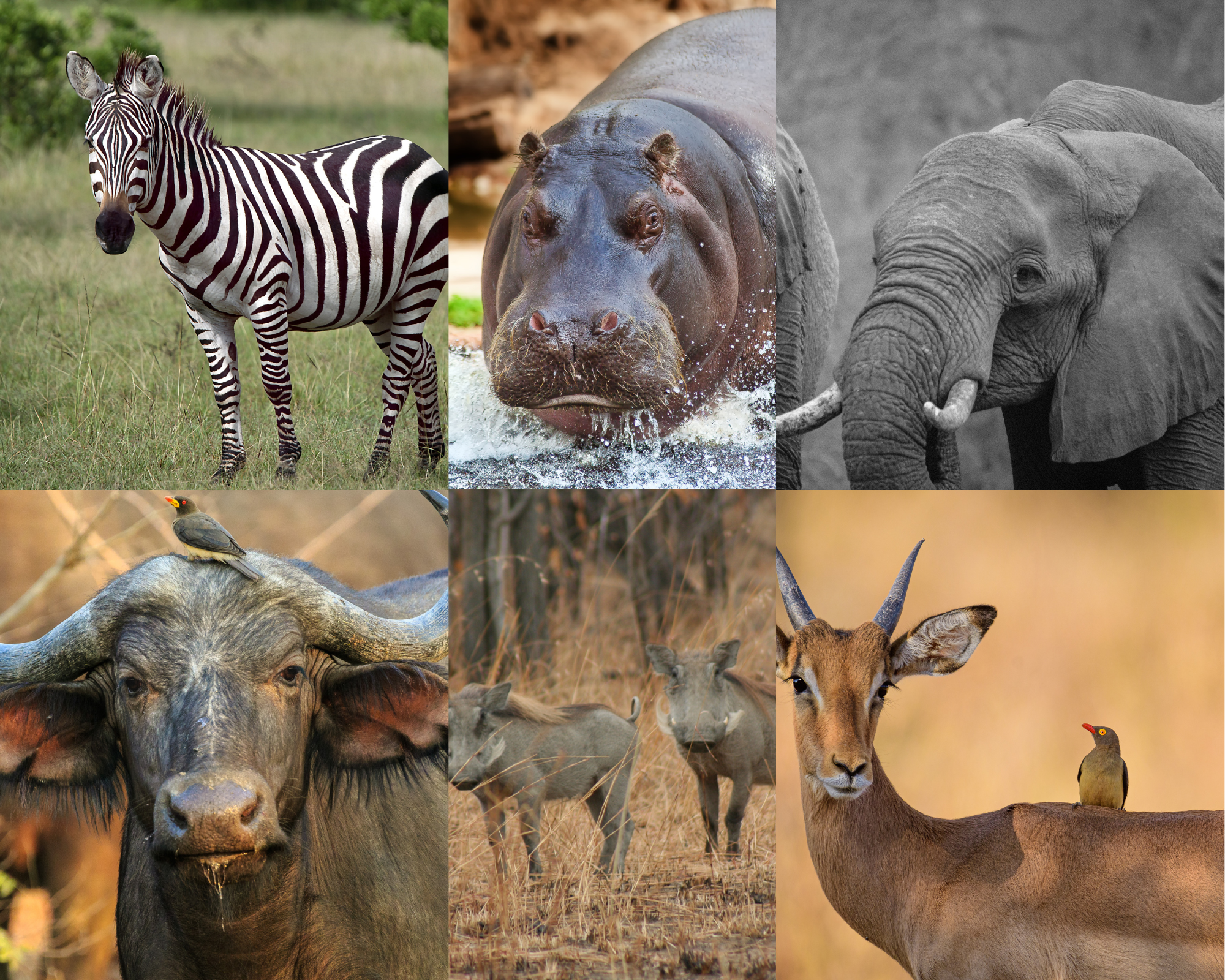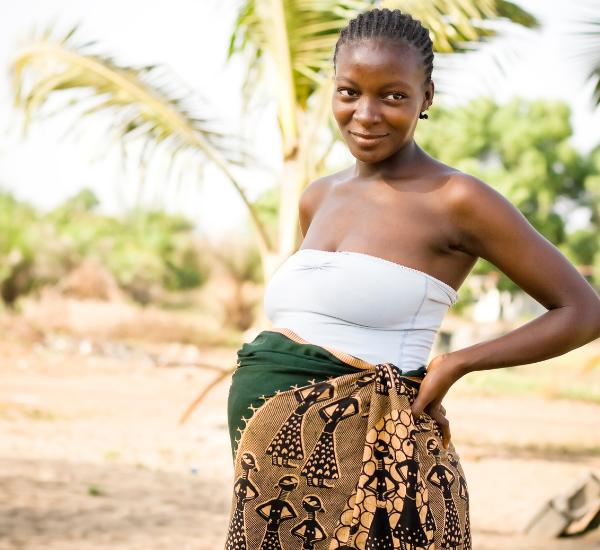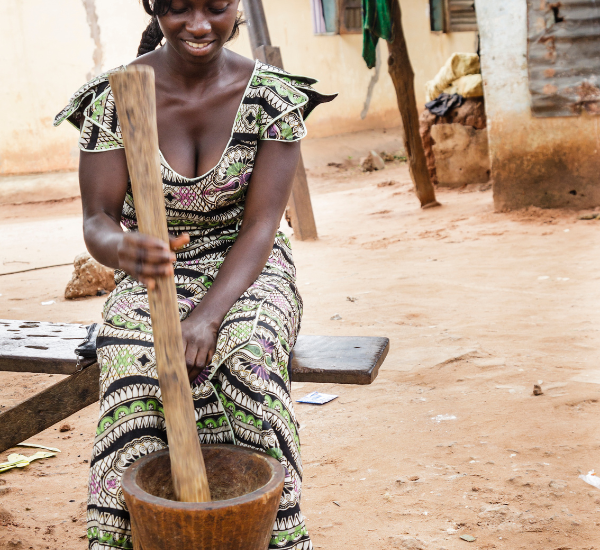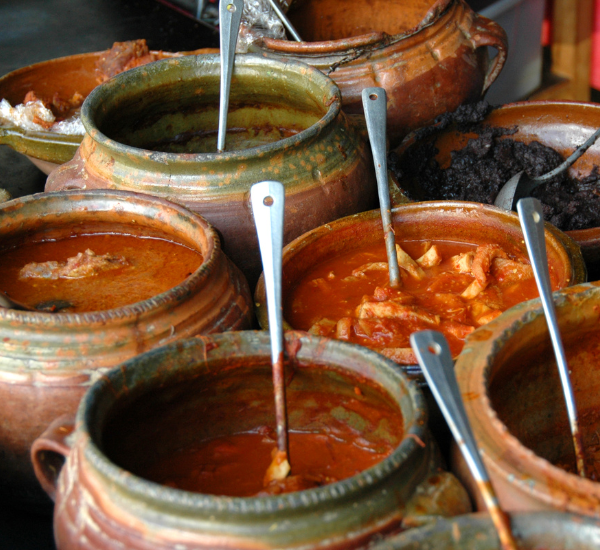Key roles explained Bakhwe-The family Who is Omukasa-Intermediary Omukasa is the go-between and spokesperson for the groom’s family. He is responsible for easing tension and solving any problems that might arise during bride price negotiations. Omukasa can be one of …
Missing the Luhya terms language and drill down The Luhya community is one of Kenya’s largest ethnic groupings, mostly situated in the Western region of Kenya. They have a rich cultural heritage that includes distinct marital rites and behaviors. The …
Dance 1.Circumcision Dances 2. Harvest Dances 3. Marriage Dances The Kikuyu are best known for the mwomboko dance, although this is borrowed from the Europeans. It resembles the fox trot and was introduced to them by soldiers who returned home …
Kikuyu Marriage Practices. The Kikuyu believed in a supreme being called Ngai, who created their ancestors Gikuyu and Mumbi. Although some sources claim they were ten, Gikuyu and Mumbi had nine daughters. Ten is considered unlucky in Kikuyu culture, so …
Key roles and Ruracio process explained Roles Village elders(athuri) Spokesman(muthamaki) Process How is bride price valued? What does dowry constitute of? How marriage Ceremony occurs? Village elders(athuri) Who is a village elder? People who are valued in wisdom and hold …
Clans & Totems in Kikuyu Culture. The Kikuyu believed in a supreme being called Ngai, who created their ancestors Gikuyu and Mumbi. Gikuyu and Mumbi had nine daughters, although some sources claim there were ten. Ten is considered unlucky in …
Pregnancy Traditions in Kikuyu Culture. by Anne Wahome Children are precious in Kikuyu culture, and mothers are respected and honored. A woman changes her diet when she discovers she has conceived. She only eats mashed foods. These included marigu ( …
Manners & Protocols in Kikuyu Culture The Kikuyu are pleasant and hardworking people. They value people who are friendly and social and can tell tasteful jokes. They are also susceptible to insults, and one must speak very carefully. The Kikuyu …
Dining & Hosting in Kikuyu Culture The Kikuyu reserved different parts of slaughtered animals for various members of society. For example, the Njama, the military arm of the community, would eat the dewlap. The Kiama elders would eat the belly. …
